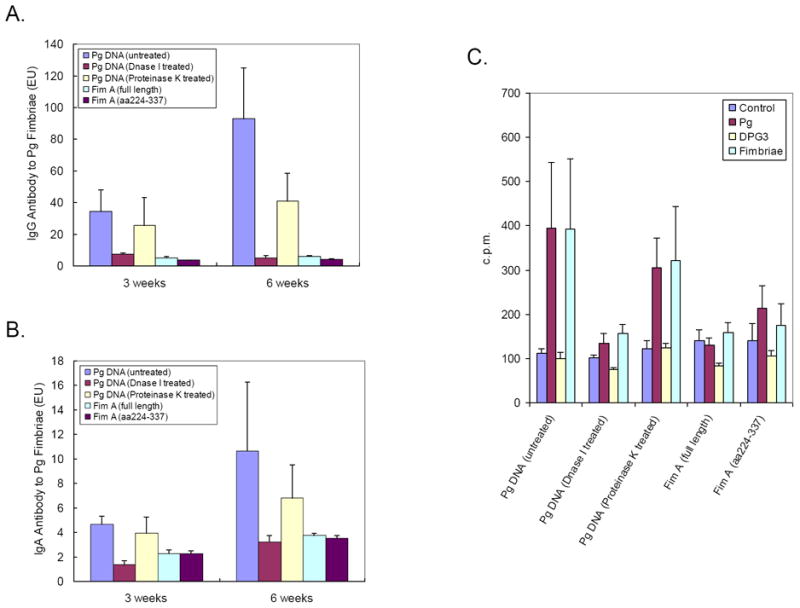Figure 6. Immunization with Pg DNA fragment encoding fimbriae is not sufficient enough to elicit immune response.

To further verify the immunogenicity of Pg whole genomic DNA, rats were divided into five groups (n=5 per group) and were immunized with 100 μg of untreated Pg DNA (as positive control), Pg DNA treated with 0.1U/μL DNase I at RT for 30 min (to digest all double-stranded DNA to oligonucleotides), Pg DNA treated with 1mg/mL proteinase K at 50°C for 2hrs (to remove trace amount of proteins), plasmid DNA containing full length FimA gene (encoding aa1-337), or plasmid DNA containing truncated FimA gene (encoding aa224-337), respectively. Both plasmid DNA were kindly provided by Dr. Ashu Sharma from University at Buffalo, Buffalo, NY. Three weeks and six weeks after immunization, rat sera and saliva were collected and reacted with ELISA plates coated with purified Pg fimbriae for the detection of serum IgG (A) and salivary IgA (B) as described in “Materials and Methods”. Each experiment was performed in duplicate and readings were recorded by a microplate reader at 405nm. (C) Six weeks after immunization, cells from rat cervical lymph nodes were cultured on 96-well plates in the presence or absence of Pg (107/well), fimA-deletion mutant DPG3 (107/well) [34], and purified Pg fimbriae (2μg/well). [3H]-thymidine (0.5 μCi/well) was added for the last 16 h of a total of 4 days in culture. Samples were harvested and radioactivity (cpm) was measured in a β-scintillation spectrometer. The data are Mean ± SE cpm values of an experiment performed in triplicate.
